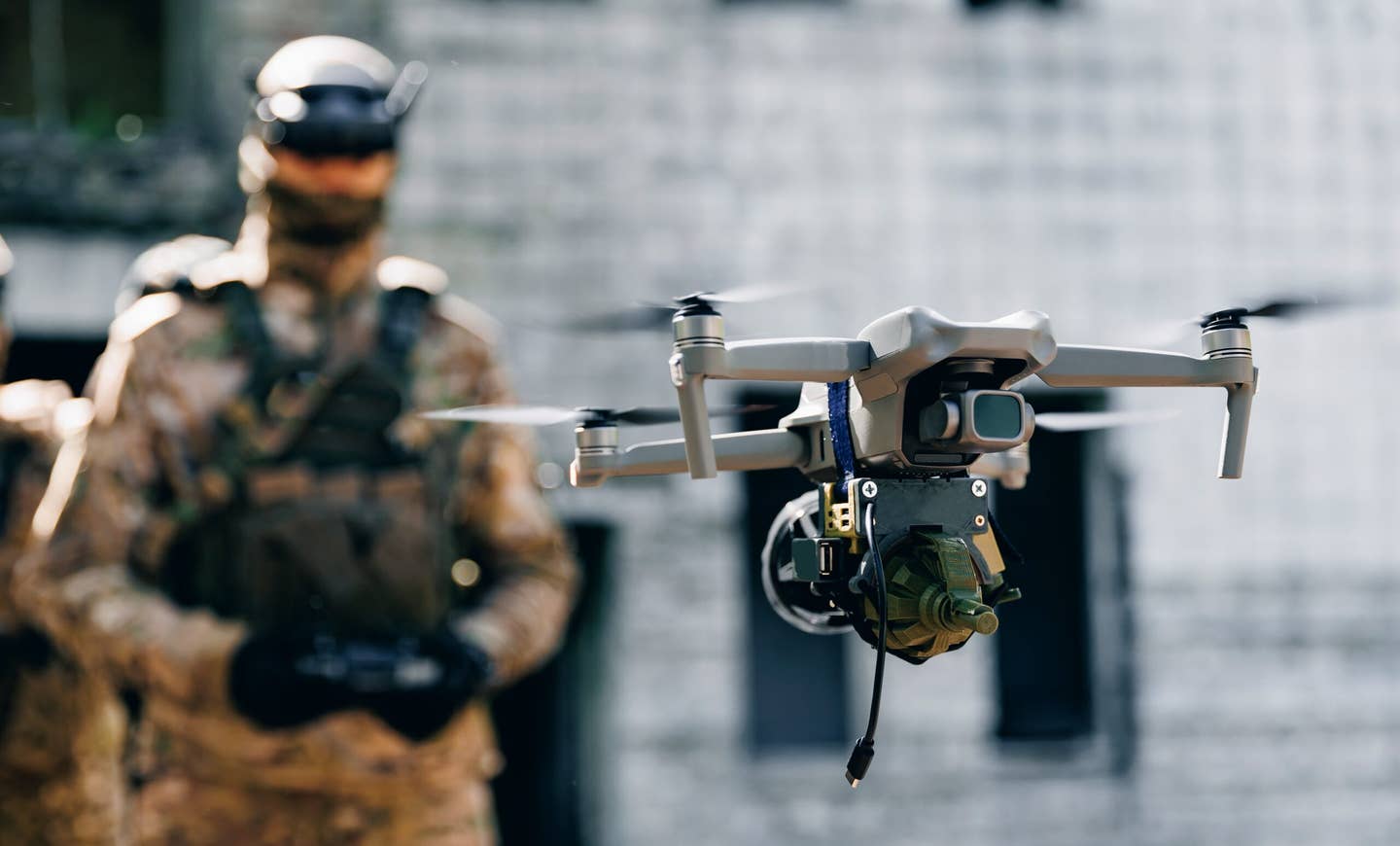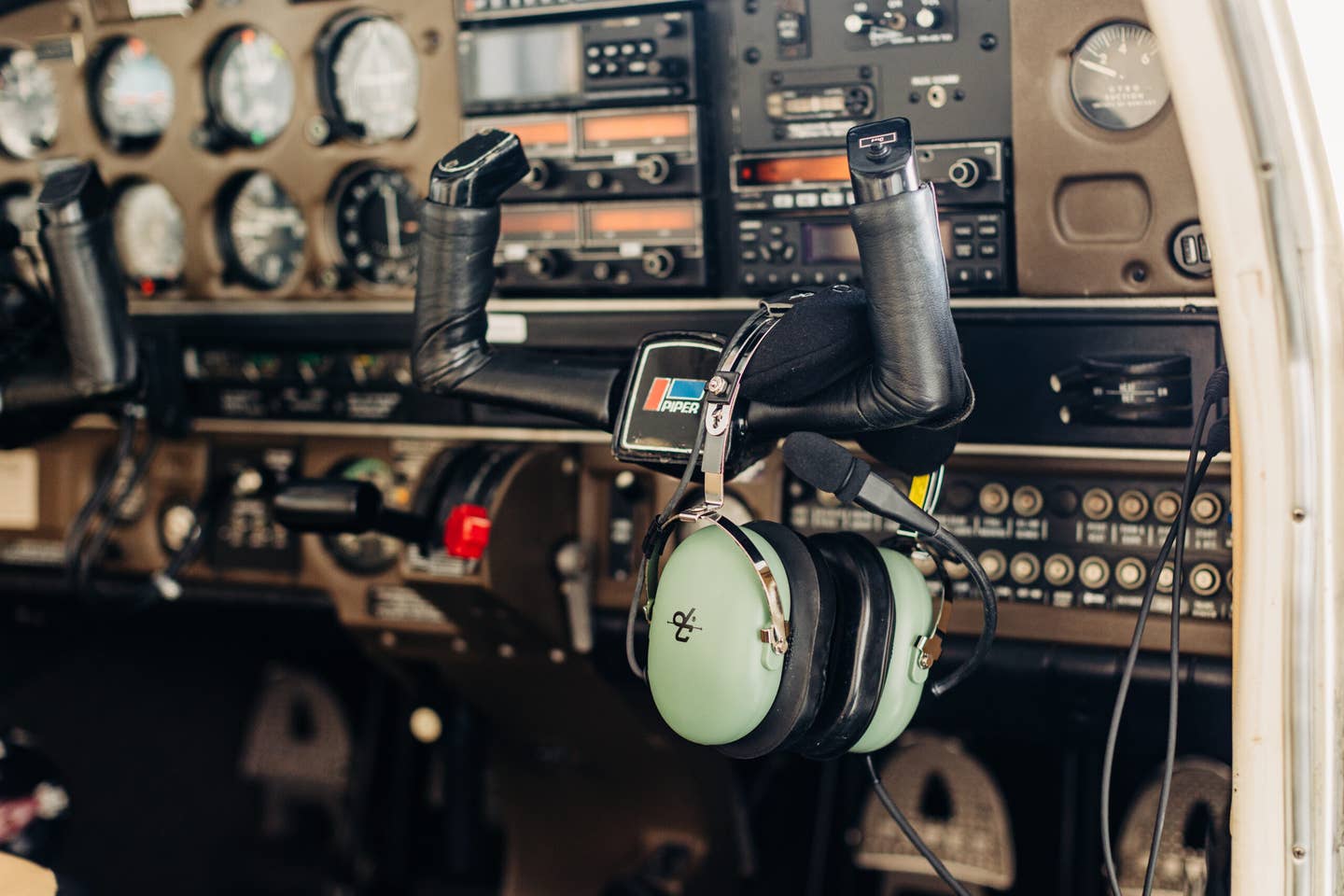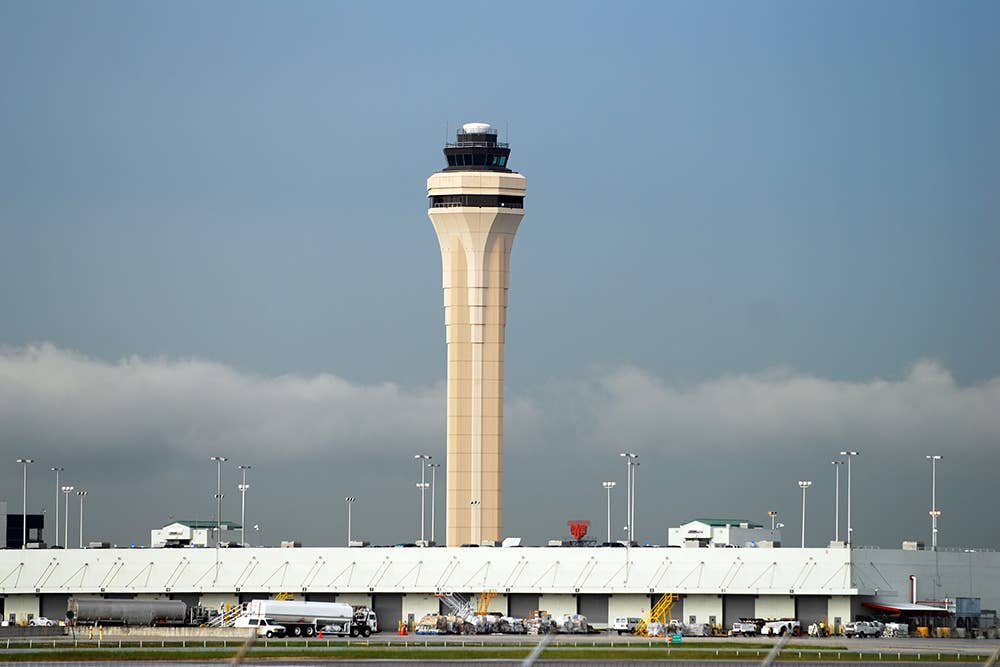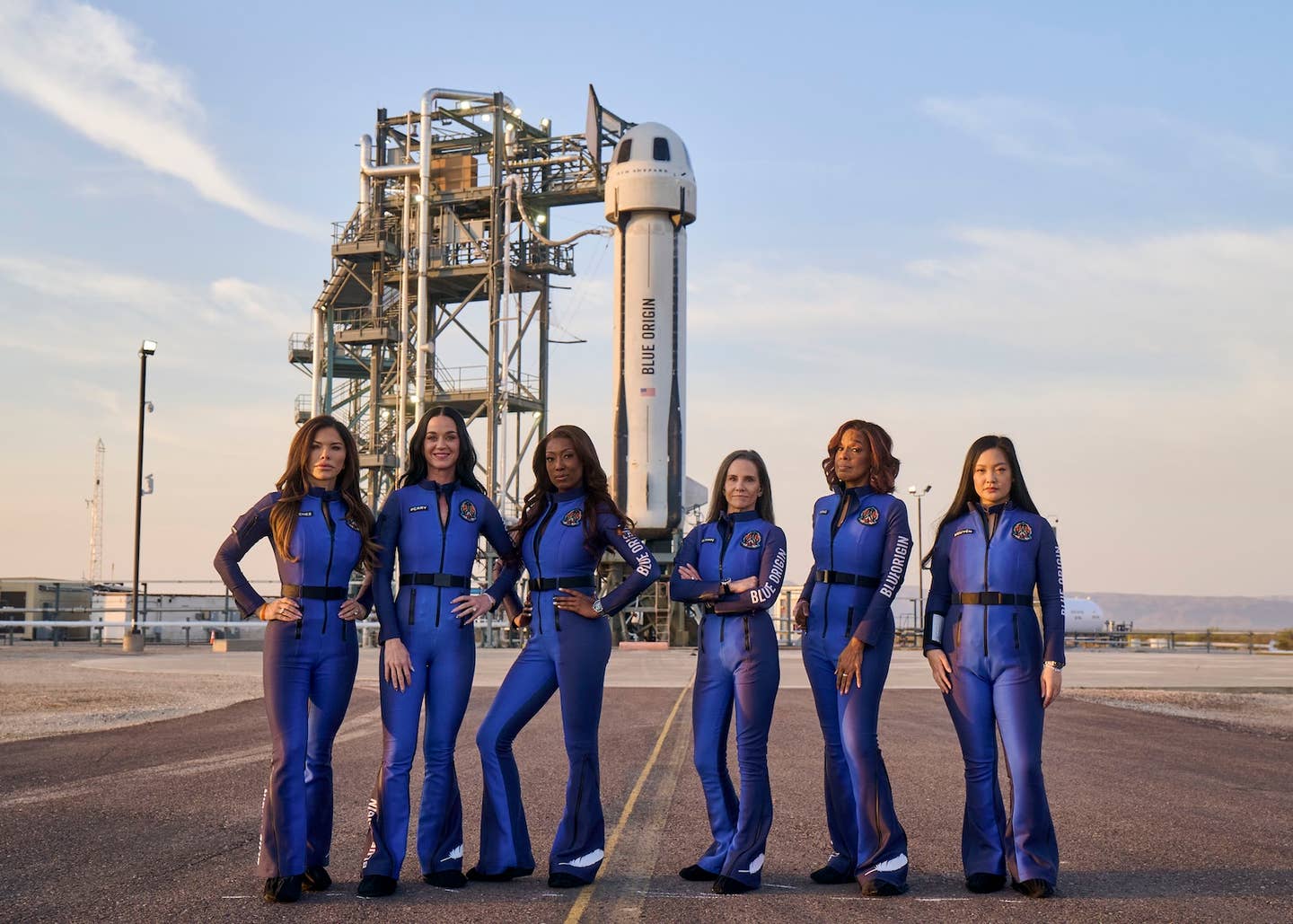Canada’s Olympic Soccer Team Busted After Spying on Rivals With Drone
Sanctions and suspensions related to drone-related misconduct are sweeping Canada Soccer during the 2024 Paris Olympic Games.
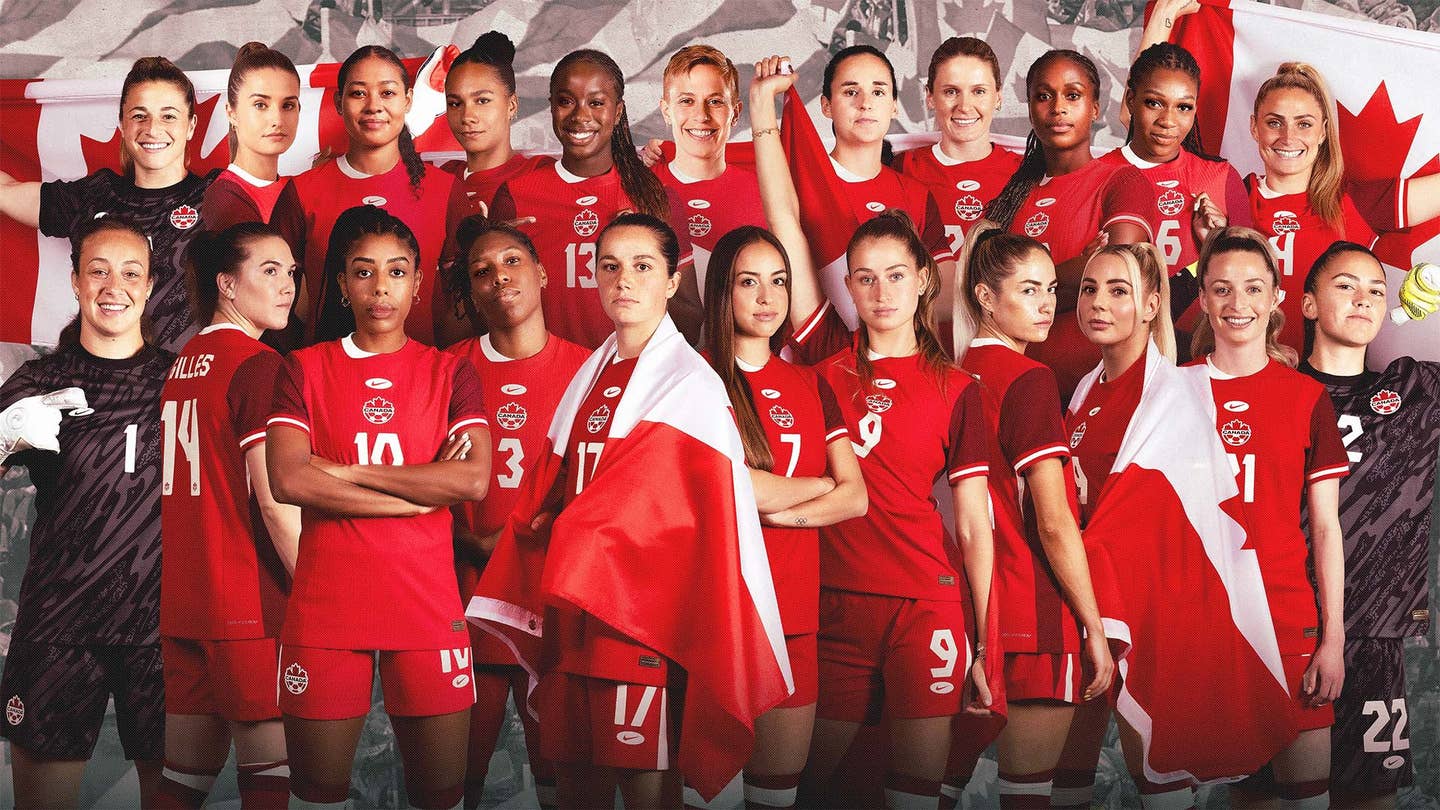
Canada’s Olympic women’s soccer team faces FIFA sanctions over coaches’ use of drones to spy on an opponent’s practices. [Courtesy: Canada Soccer]
The Canadian women’s soccer team is embroiled in an Olympic-sized scandal over its use of drones to spy on the competition.
The Canadian Olympic Committee is appealing a decision by the FIFA Appeal Committee to dock the team six points in the Paris Olympic Games soccer competition’s group stage—effectively dashing the team’s hopes of advancing to the knockout stage—over allegations of filming the practices of its first opponent, New Zealand.
The scandal has several layers, with various reports alleging Canada has used drones to spy on other teams’ practices for years, including the U.S. men’s and women’s teams. Multiple Canada Soccer staffers, including women’s head coach Bev Priestman, have either stepped aside or been suspended for the remainder of the Olympic Games.
Carla Qualtrough, Canada’s minister of sport and physical activity, even released a statement on the incident, calling it “deeply regrettable.”
Here’s everything you need to know:
Eyes in the Sky
On July 23, the New Zealand Olympic Committee (NZOC) in a statement said a drone was flown over the team’s training grounds in Saint Etienne, France.
French police identified the drone operator as Joseph Lombardi, a support staff member for the Canadian women’s team. After admitting to spying, Lombardi was sentenced to 18 months in prison by a French prosecutor’s office on Wednesday.
While spying on another team’s practice wouldn’t win the match for Canada, it could provide coaches with inside information on tactics, such as during highly strategized free kick situations.
“The NZOC and New Zealand Football are committed to upholding the integrity and fairness of the Olympic Games and are deeply shocked and disappointed by this incident, which occurred just three days before the sides are due to face each other in their opening game of Paris 2024,” the NZOC said in its statement.
Also on July 24, the Canadian Olympic Committee (COC) said it had learned of a second drone spying incident at another New Zealand practice, leading it to suspend Lombardi and an assistant coach.
“The Canadian Olympic Committee stands for fair play, and we are shocked and disappointed,” the COC said. “We offer our heartfelt apologies to New Zealand Football, to all the players affected, and to the New Zealand Olympic Committee.”
In addition, Priestman, who led the Canada squad to a gold medal match win over Sweden at the 2020 Tokyo Olympic Games, decided to step aside from coaching the team’s opening game—a 2-1 win over New Zealand on Thursday—amid the opening of an investigation by FIFA.
“I am absolutely heartbroken for the players, and I would like to apologize from the bottom of my heart for the impact this situation has had on all of them,” Priestman said in a statement. “I know how hard they have worked following a very difficult year in 2023, and that they are a group of people who care very much about sportsmanship and integrity. As the leader of the team on the field, I want to take accountability, and I plan to fully cooperate with the investigation.”
Down the Rabbit Hole
On Friday, Priestman was suspended for the remainder of the 2024 Olympics by Canada Soccer, which said that the scandal runs much deeper.
Kevin Blue, CEO and general secretary of the organization, said Canadian teams have been using drones to spy on opponents even before Paris.
“Over the past 24 hours, additional information has come to our attention regarding previous drone use against opponents, predating the Paris 2024 Olympic Games,” Blue said in a statement.
Sources told Canada’s TSN, which is partially owned by ESPN, that Canada Soccer staffers used drones to spy on other teams’ closed-door practices even during the team’s gold medal-winning Tokyo Olympics run. The sources also allege drones were used to film Panama and Honduras women’s team practices after those Games.
One source told TSN that staffers were told they could lose their jobs if they did not comply with requests to film other practices. In one case, a contractor, who was scheduled to fly to Australia for the 2023 World Cup, had their trip canceled because they refused a demand to record opponents. A Canada Soccer staffer flew in their stead to capture the video, the source alleges.
TSN also said it reviewed text messages from a women’s soccer coach about secretly filming opponents from Costa Rica, South Korea, and Trinidad and Tobago in 2022.
An ESPN report on Saturday added to the scandal, with sources connected to U.S. Soccer telling the outlet that Canada’s drone-spying incident is not an outlier. The sources recounted several incidents of alleged spying on both the U.S. women’s and men’s soccer teams as recently as the 2024 Copa América tournament, as well as on other countries’ squads.
Another ESPN report alleges that the scandal goes all the way to the top, with Priestman and another coach having been aware of Canada Soccer’s covert use of drones for years, either before or after the fact.
It is possible, if unlikely, that the Canadian team’s gold medal in Tokyo could be revoked following FIFA’s investigation, according to COC CEO David Shoemaker.
Keeping Drones Out of Sports
The sporting world more widely has faced its fair share of drone-related woes as the buzzing aircraft begin to proliferate.
The NFL, for example, is contending with thousands of unauthorized drone flights over games and practices every season, to the point where the FAA has been forced to step in. The NFL, MLB, NCAA, and NASCAR have all backed a congressional bill that would grant government and law enforcement officials more power to jam or take down rogue aircraft.
A potentially bigger issue, though, is preventing those flights from happening in the first place. Stakeholders have struggled to find an answer despite the FAA creating temporary flight restrictions around games and practices for most major U.S. sports leagues.
Regulations, such as the FAA’s remote ID rule, will help federal and regional agencies keep an eye on the drones with digital license plates. But at present there is little recourse to actually prevent a drone from flying into stadium airspace.
The issue is one the U.S.—and Canada, evidently—will need to address as more drones take to the skies.
Like this story? We think you'll also like the Future of FLYING newsletter sent every Thursday afternoon. Sign up now.

Sign-up for newsletters & special offers!
Get the latest FLYING stories & special offers delivered directly to your inbox

